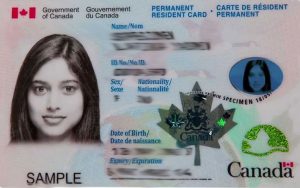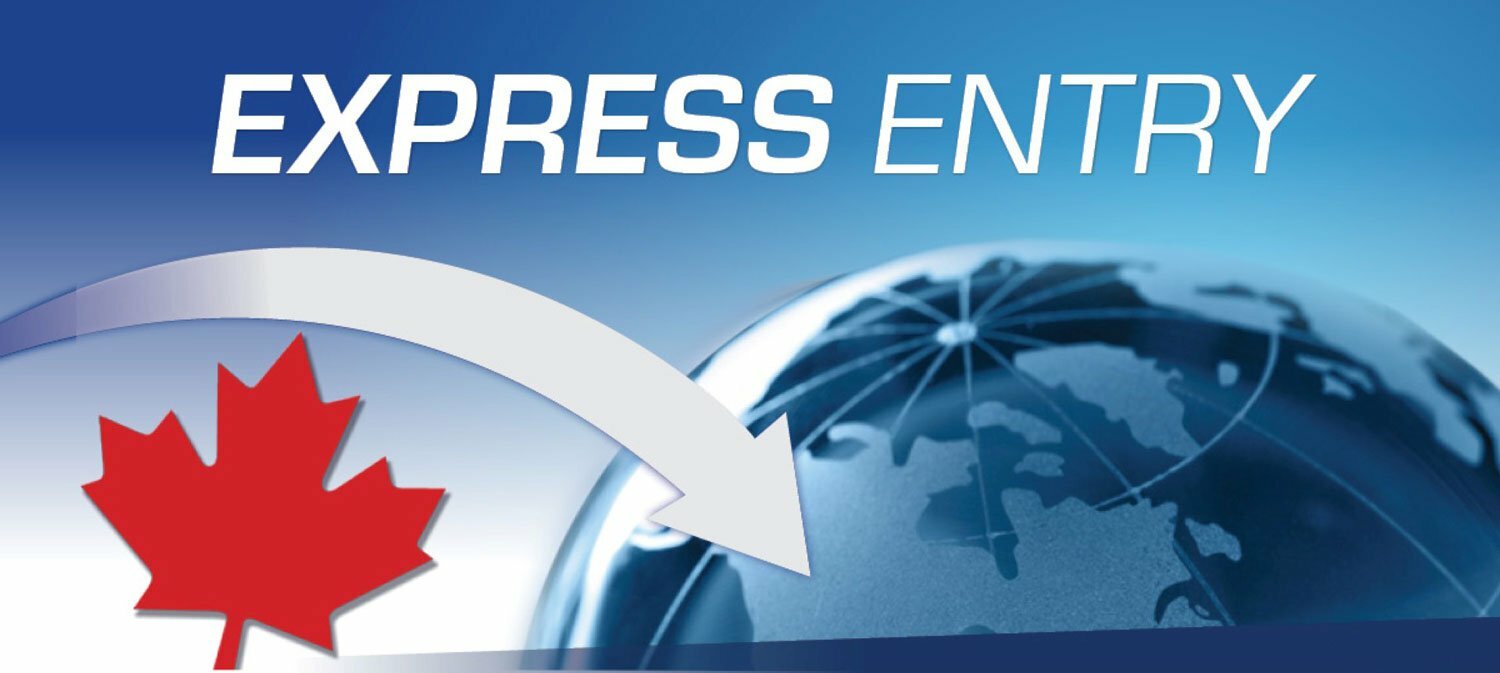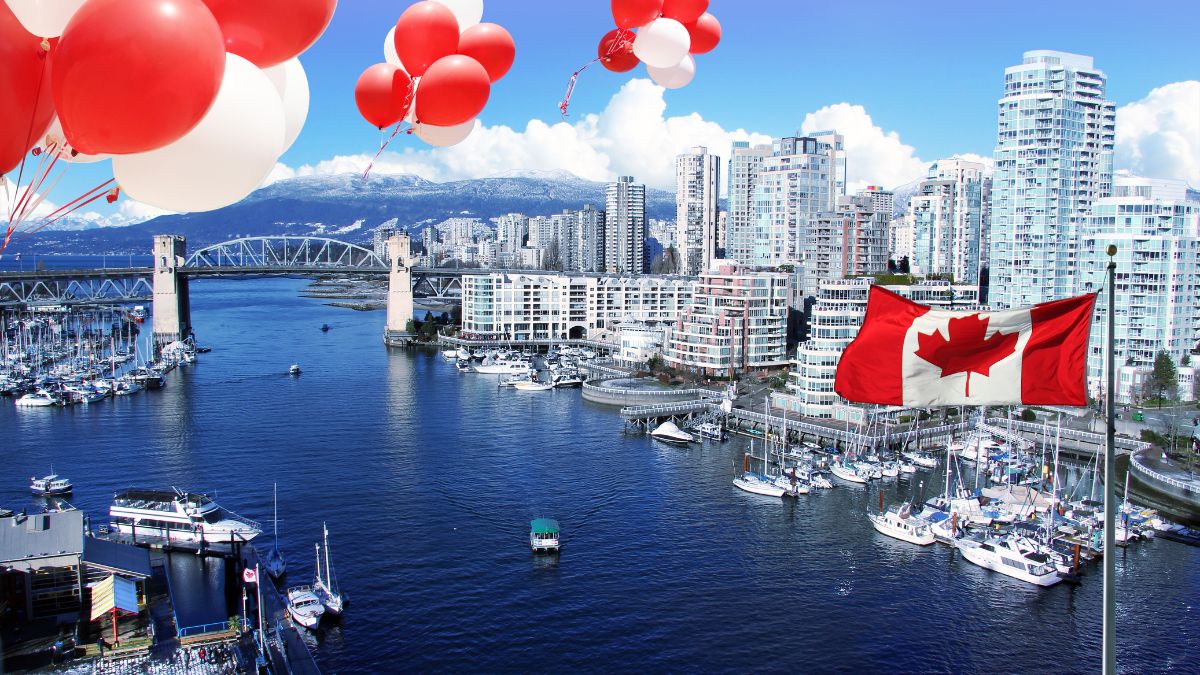Permanent Residency in Canada
Your PR card is the document that proves you hold permanent resident status in Canada. Then, if you travel outside the country, you should show your PR card and passport when you come back on.PR Rules in Canada:
A permanent resident in Canada has most of the same social benefits that citizens have. Including health care coverage, free public education for kids and the opportunity to live and work in any province or territory. Moreover, you have protection from Canadian law, and you must pay taxes and respect the federal and provincial law. One of the rules for Permanent residents in Canada is to stay in the country for up to 730 days during the last five years to keep their status valid. However, this time doesn’t have to be continuous. Furthermore, after spending at least three years in Canada, you can apply to get your citizenship.Can you Lose your PR Status?
If your PR card expires, you don’t lose your status. After all, you can only lose it if you go through an official process. Still, even if there are no rules to lose your PR status, you can lose it if you voluntarily renounce. Also, it happens if you have a removal order, or become a Canadian citizen.
Apply to PR under the Express Entry System:
The Express Entry has two steps. Firstly, you need to create a profile in the pool. To do it, you need to submit the following documents:- A passport or travel document
- Educational credential assessment report
- Language test results
Who is Eligible for Express Entry with PR?
Overall, a candidate with a university or a college degree, with work experience and moderate proficiency in English or French is an ideal candidate who qualifies for one of the programs under the Express Entry system.- Federal Skilled Worker (FSW)
- Federal Skilled Trades (FST)
- Canadian Experience Class (CEC)
Are there PR Rules for an Ideal Applicant?
There isn’t a rule to be an ideal PR applicant. However, you must be eligible for Express Entry. As mentioned before, applicants who enter the pool gain a comprehensive ranking system (CRS) score. Those who have higher scores will receive an ITA. The system ranks candidates based on their age, language proficiency, age, work experience, level of education, and other factors. Such as having family in Canada. In general, even if there are no rules to be an ideal PR candidate, is better if an applicant meets the following requirements:- Be between 30 – 35 years old
- Hold two Bachelor’s degrees or a Master’s degree
- Is fluent in English or French language proficiency
- Has at least three years of skilled work experience
Other Factors to Improve your Score:
- Retake your language test to get a better result
- Get more education or work experience in Canada
- Arrange employment from a Canadian company
- Apply and gain a provincial nomination
How Much Does It Cost?
There are similar payments you have to make before submitting your final application. The following costs are estimates, but they may change.- Language tests: $300
- Educational Credential Assessment (ECA): $250
- Biometrics: $85/person
- Government fees: $1,325/adult – $225/child
- Medical examination fees:$450/adult – $250/child
- Police clearance certificates: $100/country






